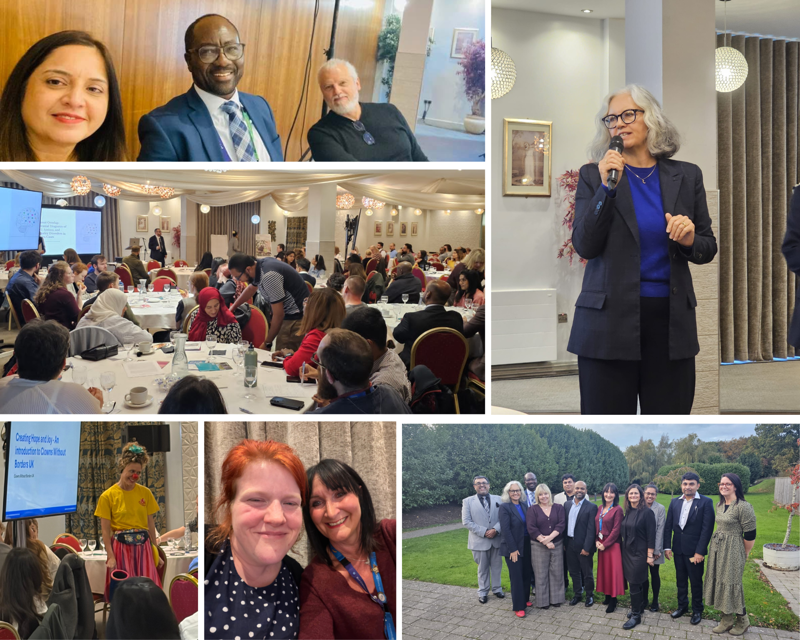News
-
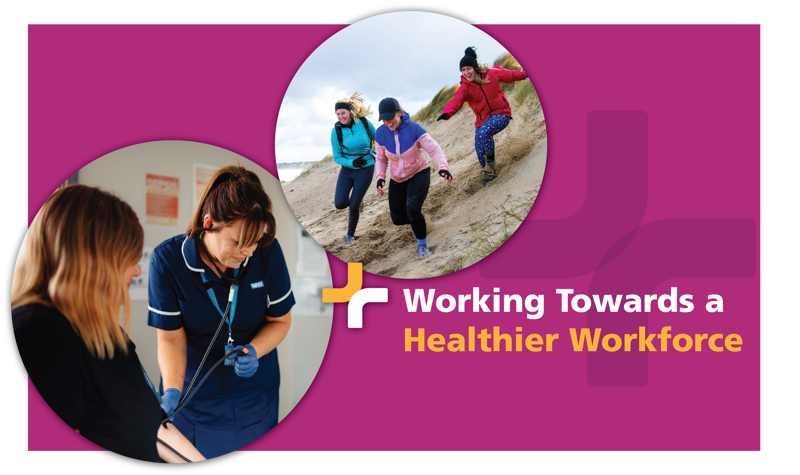
How we are Protecting and Keeping our Staff Well this Winter
18 December 2025
-

Carols Round the Christmas Tree
18 December 2025
-

School Nursing Excellence Celebrated at National SAPHNA Conference
17 December 2025
-
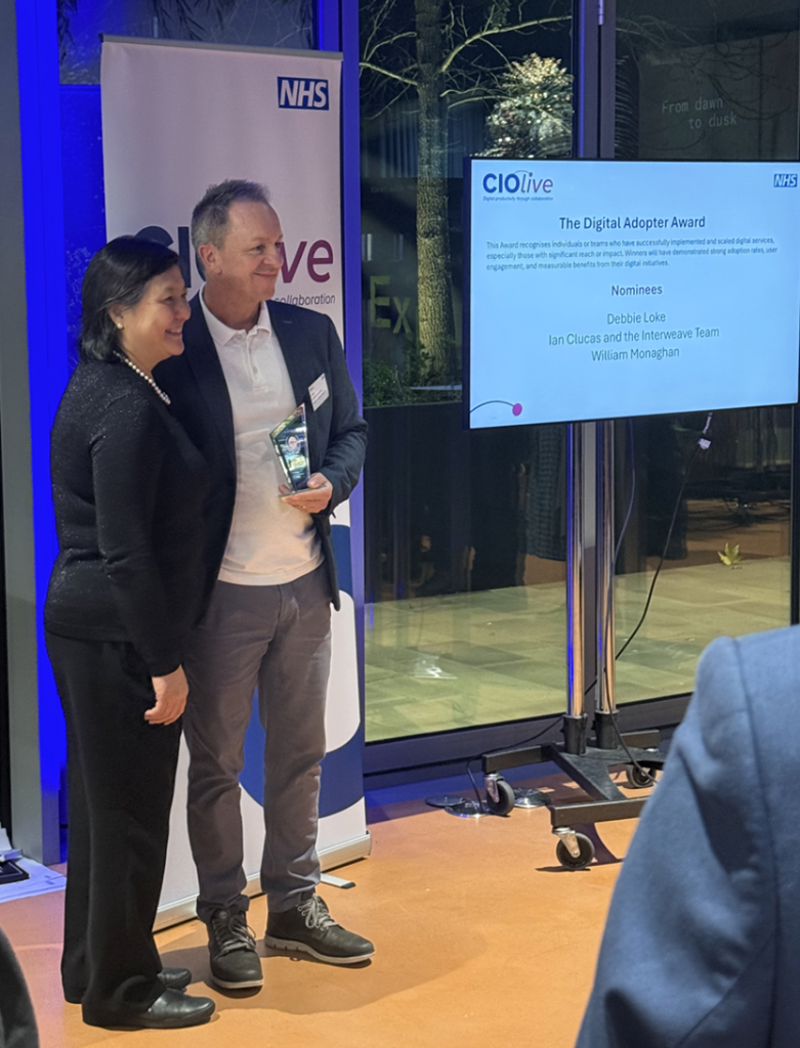
Celebrating Multiple Wins At The CIO Live Awards 2025
12 December 2025
-

Trust Christmas Trees in Beverley Minster
12 December 2025
-

-

Interweave win at HFMA Awards
09 December 2025
-
Humber Research Team Conference 2025
09 December 2025
-

Celebrating our Humbelievable teams at the 2025 Staff Awards
05 December 2025
We held our annual Staff Celebration Event to celebrate the fantastic and innovative work of our teams and staff.
-

Recognising the volunteers who go the extra mile
25 November 2025
-

-
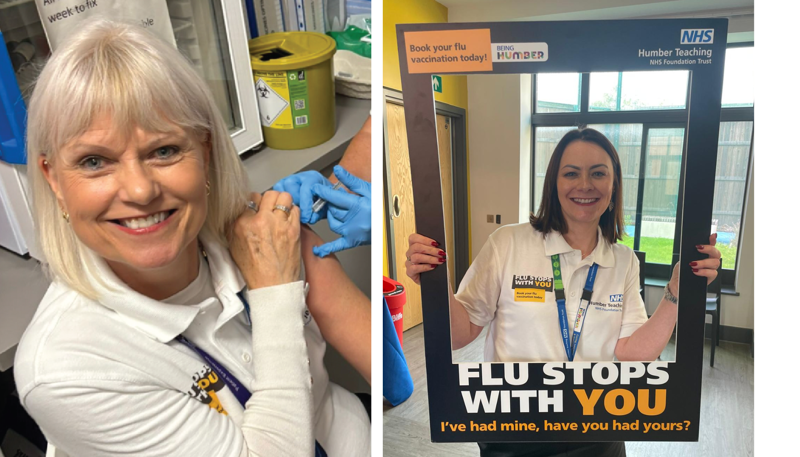
-

Bring a little festive joy to people in hospital this Christmas
12 November 2025
-
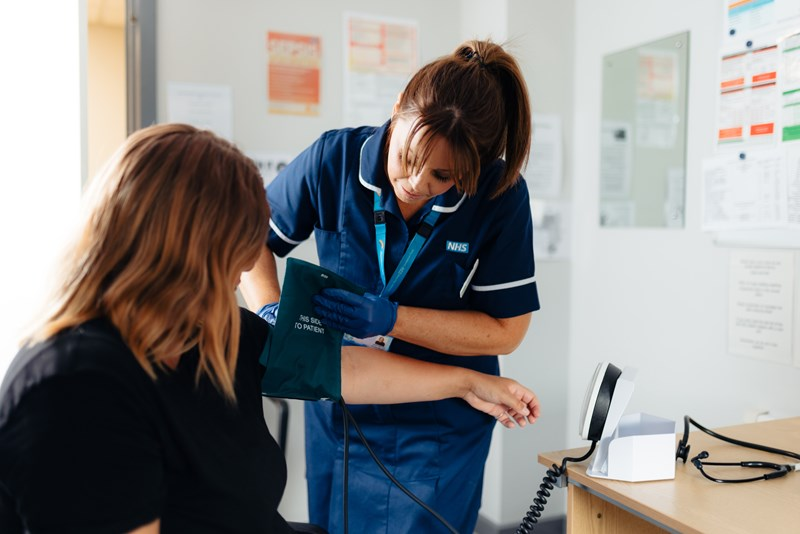
Next step in GP transition agreed
05 November 2025
-
